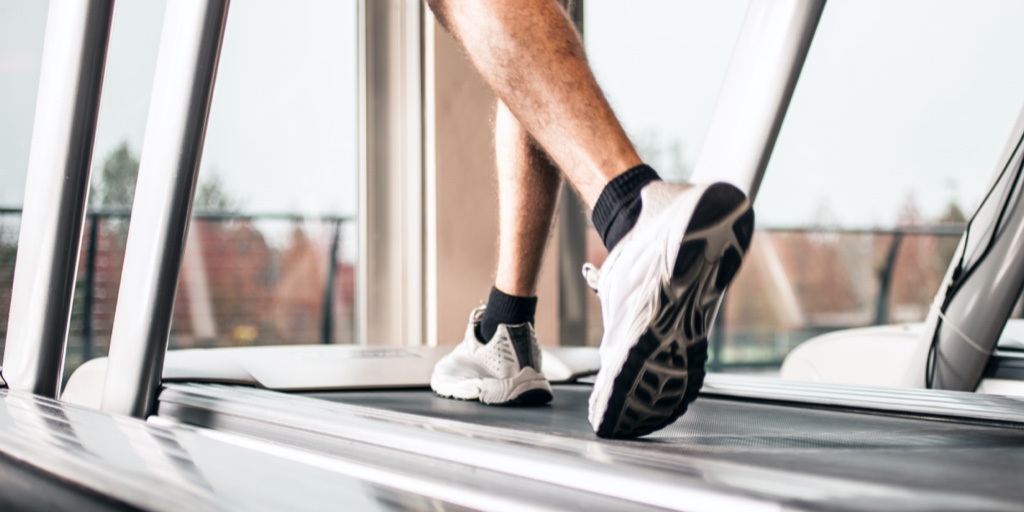The COVID-19 pandemic has brought a lot of changes to our everyday lives. Our health and wellbeing have been impacted as a result of shifting schedules and spending more time at home. At the beginning of the pandemic, data from our partners at Fitbit show that people are moving less, intake of carbohydrates has increased, and people are sleeping more.
And for benefit leaders — who have faced an array of challenges and unprecedented changes during 2020 — it can feel like yet another problem to figure out new and effective ways to engage employees in their health and wellbeing. It has been an overwhelming year as companies try to best serve their employees to keep them healthy, motivated, and productive.
The good news for companies is that there is still an opportunity to effectively engage employees during these challenging times. So what options are there for employers?
First, it’s important to understand how employee wellbeing priorities have evolved this year. In reviewing Castlight user data during 2020, there was a marked increase in the rate of employees using health trackers (or health tracking devices). When looking at Castlight data in comparison to 2019, activity and fitness tracking increased 9 percent, nutrition tracking increased 7 percent, and sleep tracking increased 13 percent. This shows that employees made health and wellness a greater priority this year and are likely interested in resources and content that help keep them physically and mentally fit.
This is great news, as Fitbit data confirms that the basics we know still are true: activity, sleep, and weight management are all key factors to help maintain a healthy weight
For example, according to the Fitbit COVID-19 data, those who moved more lost more weight. Fitbit reported that on average, people who lost more than five pounds from the end of March to late May took 1,500 more steps per day than Fitbit users who gained more than five pounds. Fitbit users who maintained their weight achieved, on average, +0.5 points more on their sleep scores than those who gained more than five pounds. And tracking weight matters: People who took an active interest in their weight were able to maintain it better, with Fitbit users who maintained their weight having weighed themselves 2.5 times more often than people who gained more than five pounds.
One opportunity that many Castlight customers have taken advantage of this year are wellness challenges. These challenges offer a fun, gamified way to encourage teammates to get active and get their steps in using a Fitbit device or similar wearable tracker. These challenges vary from social stepping challenges that encourage people to walk more to more competitive steps challenges focused on encouraging teams to walk the most. Challenges are a fun and easy way to engage and connect remote teams from any location. The flexibility and engagement make these a perfect wellbeing tactic for employers to deploy during this time.
At Castlight, we saw many of our customers embracing wellness challenges this year. Seventy-two Castlight customers launched wellness challenges since the onset of COVID-19 in March, including more than 136,000 participants!
In a time when benefit leaders are faced with many new and evolving challenges, a wellbeing challenge offers one simple, trusted engagement tactic that can be easily used as a step in promoting a culture of health.



